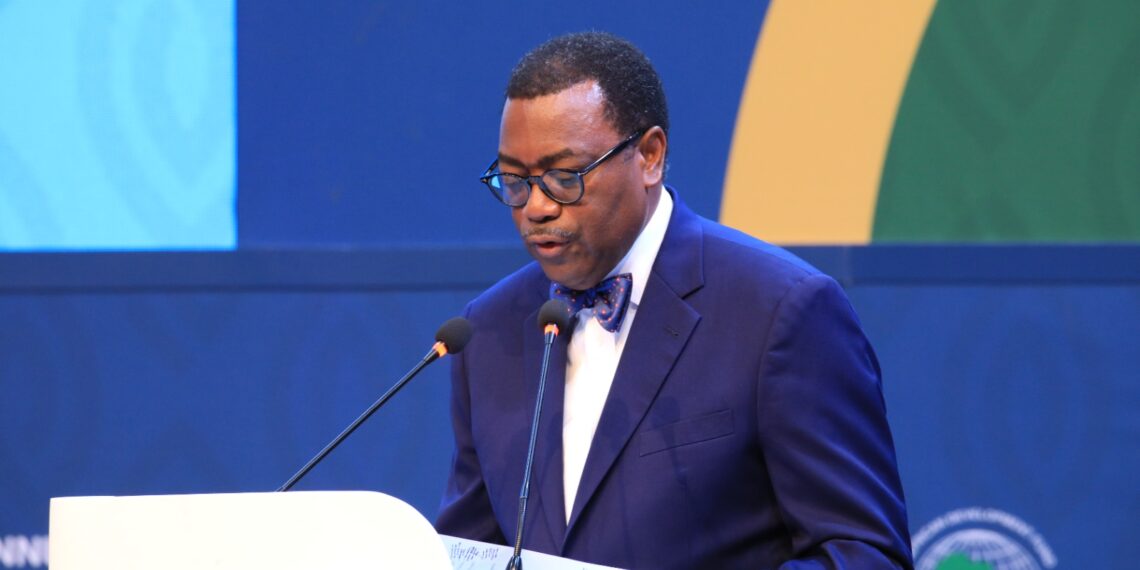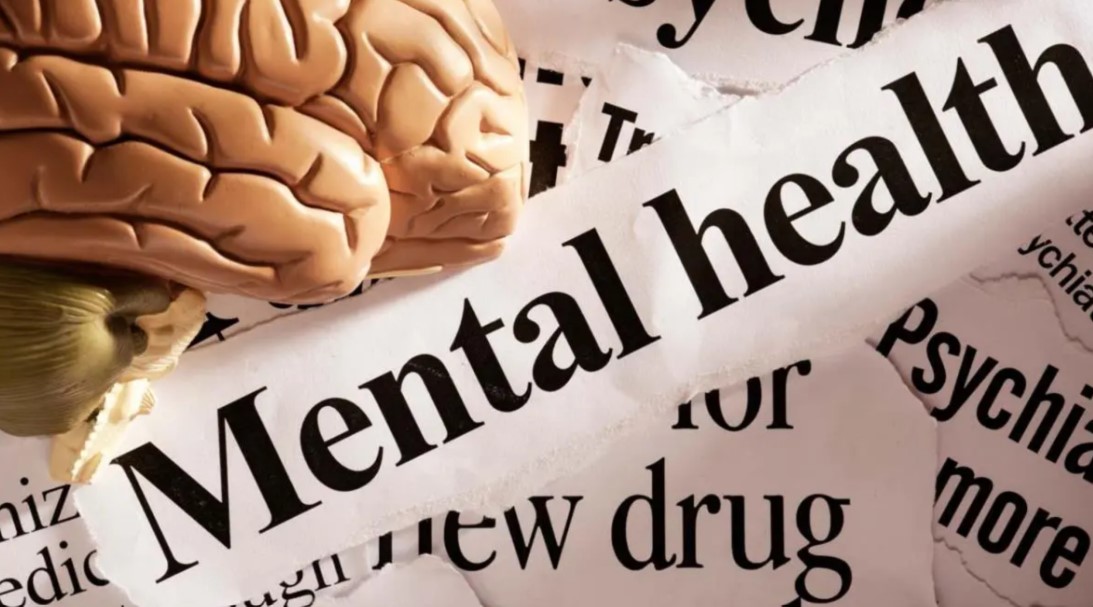
Chip simplifies COVID-19 testing, delivers results on a phone
- Biotechnology
- No Comment
- 290

COVID-19 can be diagnosed in 55 minutes or less with the help of programmed magnetic nanobeads and a diagnostic tool that plugs into an off-the-shelf cell phone, according to Rice University engineers.
The Rice lab of mechanical engineer Peter Lillehoj has developed a stamp-sized microfluidic chip that measures the concentration of SARS-CoV-2 nucleocapsid (N) protein in blood serum from a standard finger prick.
The nanobeads bind to SARS-CoV-2 N protein, a biomarker for COVID-19, in the chip and transport it to an electrochemical sensor that detects minute amounts of the biomarker.
The researchers argued their process simplifies sample handling compared to swab-based PCR tests that are widely used to diagnose COVID-19 and need to be analyzed in a laboratory.
“What’s great about this device is that doesn’t require a laboratory,” Lillehoj said. “You can perform the entire test and generate the results at the collection site, health clinic or even a pharmacy. The entire system is easily transportable and easy to use.”
The research appears in the American Chemical Society journal ACS Sensors.
Lillehoj and Rice graduate student and lead author Jiran Li took advantage of existing biosensing tools and combined them with their own experience in developing simple diagnostics, like a microneedle patch introduced last year to diagnose malaria.
The new tool relies on a slightly more complex detection scheme but delivers accurate, quantitative results in a short amount of time. To test the device, the lab relied on donated serum samples from people who were healthy and others who were COVID-19-positive.
Lillehoj said a longer incubation yields more accurate results when using whole serum. The lab found that 55 minutes was an optimum amount of time for the microchip to sense SARS-CoV-2 N protein at concentrations as low as 50 picograms (billionths of a gram) per milliliter in whole serum. The microchip could detect N protein in even lower concentrations, at 10 picograms per milliliter, in only 25 minutes by diluting the serum fivefold.
Paired with a Google Pixel 2 phone and a plug-in potentiostat, it was able to deliver a positive diagnosis with a concentration as low as 230 picograms for whole serum.
“There are standard procedures to modify the beads with an antibody that targets a particular biomarker,” Lillehoj said. “When you combine them with a sample containing the biomarker, in this case SARS-CoV-2 N protein, they bond together.”
A capillary tube is used to deliver the sample to the chip, which is then placed on a magnet that pulls the beads toward an electrochemical sensor coated with capture antibodies. The beads bind to the capture antibodies and generate a current proportional to the concentration of biomarker in the sample.
The potentiostat reads that current and sends a signal to its phone app. If there are no COVID-19 biomarkers, the beads do not bind to the sensor and get washed away inside the chip.
Lillehoj said it would not be difficult for industry to manufacture the microfluidic chips or to adapt them to new COVID-19 strains if and when that becomes necessary.
The National Institutes of Health, the National Science Foundation and the Rice University COVID-19 Research Fund supported the research.
Science Daily
Read more at: https://www.sciencedaily.com/releases/2021/02/210225143805.htm





